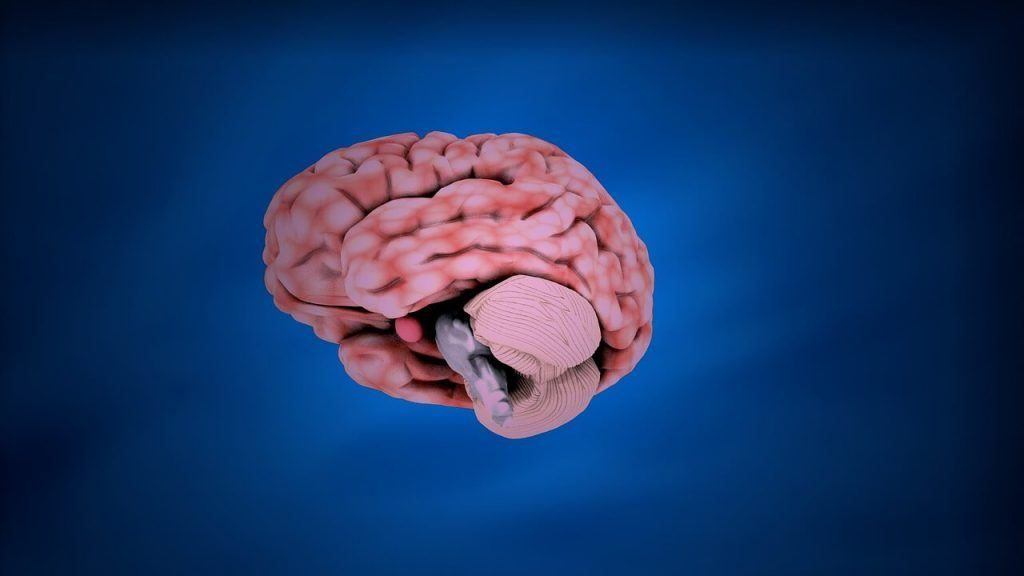Napa Brain Injury Lawyer | Free Consultation
Napa Brain Injury Lawyer

Few injuries have the potential to profoundly and rapidly impact a family as traumatic brain injury. Despite advancements in diagnosing and treating head and brain injuries, the resulting neurological damage can still be devastating.
If you or a loved one has experienced a head or brain injury in Napa County, seeking the assistance of an experienced accident lawyer may prove beneficial. Our law firm has been handling cases like yours for over three decades. Contact us today to receive free and compassionate advice. You can reach us at (707) 564-1900 or (800) 404-5400.
Time Matters in a Brain Injury IncidentOne of the most critical factors everyone needs to remember is that time matters in brain injuries. The brain is a delicate network of many neurons that power the motor and sensory functions of the entire body. Furthermore, these neurons are also responsible for the brain’s judgment, inhibition, and executive function.
Unfortunately, unlike other parts of the body, the neurons in the brain do not regenerate once damaged. Therefore, any damage to these neurons is often permanent. Following a traumatic brain injury, everyone must seek medical care quickly. As the saying goes, in the medical field, time is tissue. The sooner a TBI is diagnosed and treated, the better the outcome for the individual.
How is a Brain Injury Diagnosed?The diagnosis of a brain injury typically involves a combination of medical assessment, imaging techniques, and clinical evaluation. Here are some common methods used in diagnosing brain injuries:
- Physical Examination: A healthcare professional will conduct a thorough physical examination to assess the patient’s neurological functions, including reflexes, strength, coordination, and sensory responses. They will also evaluate cognitive abilities, speech, and overall consciousness.
- Glasgow Coma Scale (GCS): The GCS is a scoring system that assesses the level of consciousness and neurological functioning. It evaluates eye-opening response, verbal response, and motor response. The score helps determine the severity of the brain injury.
- Imaging Tests: Various imaging techniques are used to visualize the brain and detect any abnormalities or injuries. These may include:
- Computed Tomography (CT) Scan: This scan provides detailed cross-sectional images of the brain, allowing doctors to identify skull fractures, bleeding, and swelling.
- Magnetic Resonance Imaging (MRI): Using strong magnets and radio waves, magnetic resonance imaging (MRI) produces highly detailed brain images. This imaging technique offers a comprehensive view of brain structures, making it capable of identifying conditions such as lesions, contusions, and diffuse axonal injury.
- Positron Emission Tomography (PET) Scan: PET scans can assess brain function by measuring metabolic activity and blood flow in different regions of the brain. It can help identify areas of abnormal activity or damage.
- Functional MRI (fMRI): This imaging technique combines MRI and measures blood flow changes in response to specific tasks or stimuli. It can provide insights into brain function and connectivity.
- Electroencephalogram (EEG): An EEG measures electrical activity in the brain using electrodes placed on the scalp. It helps assess brain wave patterns and detect abnormalities, such as seizures or disruptions in electrical activity.
- Neuropsychological Testing: These tests evaluate cognitive function, memory, attention, language skills, and other mental abilities affected by brain injury. They provide valuable information about cognitive deficits and help guide treatment plans.
The diagnosis of a brain injury requires a comprehensive evaluation by medical professionals with expertise in neurology and traumatic brain injuries. It is important to seek immediate medical attention if a brain injury is suspected to ensure timely diagnosis and appropriate treatment.
Traumatic Brain Injury ComplicationsIf a traumatic brain injury is diagnosed, several complications could develop. Some of these include:
- Chronic Pain: One of the most devastating complications is chronic pain. If the neurons inside the brain have been damaged, they often have trouble perceiving the signals from the rest of the body, and the brain often translates these signals as pain.
- Motor Loss: Depending on the location of the injury inside the brain, the individual could suffer a cervical sprain or lose the function of one or more limbs. This could result in reduced strength, range of motion, or coordination difficulties.
- Memory Loss: One of the most challenging aspects of a traumatic brain injury for a family is the loss of memories. Sometimes, people who have suffered a TBI struggle to identify the faces of family members and friends, which can be challenging for a family to process.
- Mental Health Struggles: Studies have shown that individuals who have suffered a TBI have higher rates of mental health disorders than the general population. These include depression, anxiety, schizophrenia, and dementia.
The earlier these complications are identified, the faster the individual can get the help they deserve.
This informative video gives us a closer look at how a traumatic brain injury occurs and how it can affect millions of people every year.
How an Injury Lawyer Can Help YouWhen a loved one experiences a traumatic brain injury, the family must prioritize their recovery and well-being rather than getting caught up in paperwork and legal matters. That’s why it is essential to seek the support of a compassionate brain injury lawyer in Napa who understands the intricacies of disability claims, can effectively communicate with insurance companies, and is adept at holding responsible parties accountable. By doing so, the family can focus on their loved one’s rehabilitation while confidently handling their legal matters with care.
Call Our Brain Injury Lawyers in Napa, CAIf you or someone you know has suffered a traumatic brain injury in an accident, please contact our experienced Napa brain injury attorneys at (707) 564-1900 or (800) 404-5400 for free, friendly advice.
See a list of our past cases on our verdicts and settlements page.
Editor’s Note: updated [cha 6.7.23] Attribution of Image: By “sbtlneet” via Pixabay [cs 947]